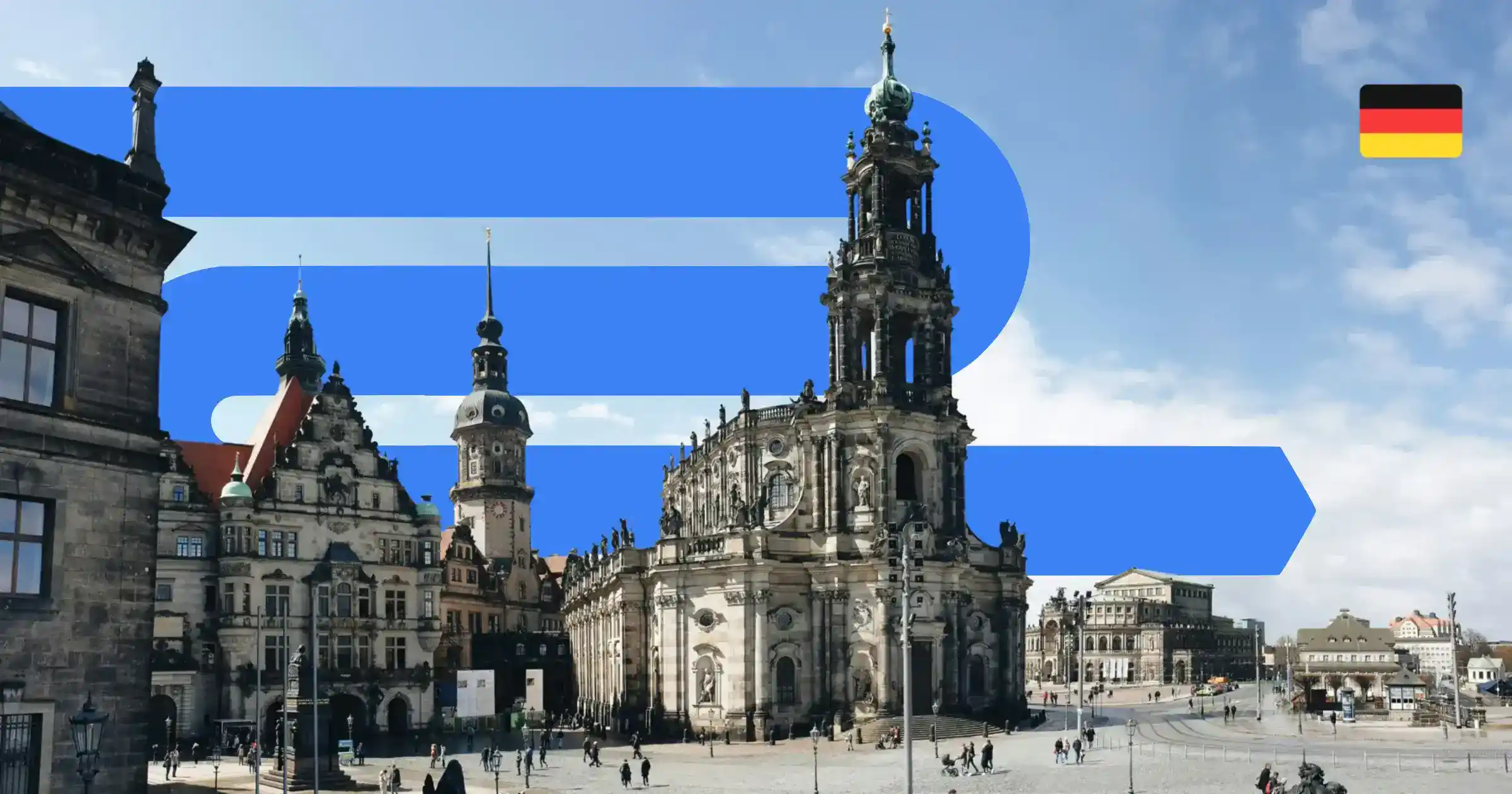An Indian employee residing in Spain under a family reunion permit (spouse of a Portuguese citizen) is relocating to Germany. This case highlights the distinction between freedom of movement rights under EU law and Germany’s residence documentation rules for non-EU family members.
An Indian spouse of a Portuguese citizen holds a Spanish family reunion permit. If they relocate to Germany and she becomes the main worker, does she have freedom of movement rights and can she work immediately?
Yes, the Indian spouse qualifies for freedom of movement as a family member of an EU citizen (Portuguese spouse). She can enter Germany visa-free and apply for an Aufenthaltskarte für Familienangehörige eines Unionsbürgers at the local foreigners' office. This residence card grants immediate work authorization. While she cannot work before receiving the card, the application process in Germany especially with prior pre-approval can be faster than applying from Spain, particularly given processing delays in cities like Munich. Registration of residence is required, and the EU citizen spouse must attend the appointment.
Compared to a standard work permit, the EU family member route is typically faster and does not require labor market testing.
Freedom of Movement Rights
Non EU Spouse Work Righs uner Freedom of Movement
Context & Background – The Challenge
A company’s Indian talent, married to a Portuguese national, sought to relocate from Spain to Germany. The key question was whether the talent could move and work under EU freedom of movement or needed to apply for a German visa first.
Jobbatical’s Approach / Applicable Regulation
Under EU Directive 2004/38/EC, family members of EU citizens enjoy freedom of movement across EU member states. However, in Germany, a non-EU spouse must apply for an Aufenthaltskarte (residence card for family members of EU citizens) at the local Ausländerbehörde after registering their German address (Anmeldung) and providing proof of financial means, marriage, and health insurance.
The Outcome
The Indian spouse is permitted to enter Germany visa-free via Spain but cannot start working until the Aufenthaltskarte is issued. Application timelines vary by city—Berlin typically processes faster, while Munich may require longer waiting periods. Alternatively, applying directly for a German visa with pre-approval from Spain may expedite the process if local immigration offices are overloaded.
Employer or Talent Steps
- Register the employee’s German address (Anmeldung) within 14 days of arrival.
- Schedule an appointment with the Ausländerbehörde and submit all required documents (passport, proof of marriage, health insurance, financial proof).
- The spouse attends the appointment personally; biometrics are collected.
- Processing time for the Aufenthaltskarte typically ranges from 2–6 weeks
- Employment can begin once the residence card or temporary work authorization (Fiktionsbescheinigung) is issued.
Key Learnings
- Non-EU family members of EU citizens have mobility rights but require local residence documentation.
- Processing times differ widely by region—Berlin offices are faster than Munich.
- Pre-approvals or pre-arrival visa applications can save significant time for relocation timelines.
Always ensure address registration and insurance coverage are in place before the appointment.
FAQs: Work Rights of Non EU Spouse
This covers the following use cases:
- Can a non-EU spouse on a Spanish family reunion permit move to Germany without needing a visa?
- Does an Indian spouse of a Portuguese citizen have freedom of movement rights when relocating from Spain to Germany?
- What residence permit does a non-EU family member of an EU citizen need to live and work in Germany?
- Can an Indian spouse of a Portuguese national start working in Germany before receiving an Aufenthaltskarte?
- How long does it take to receive an Aufenthaltskarte in Germany for EU family members?
- Should non-EU family members of EU citizens apply for a German visa from abroad or after arrival via Spain?
- What are the steps to register and apply for an Aufenthaltskarte in Germany after moving from another EU country?
- Is address registration (Anmeldung) mandatory for non-EU spouses moving to Germany under EU family rules?
- How does processing time for the Aufenthaltskarte differ between German cities such as Berlin and Munich?
- What documents are required for a non-EU spouse to apply for a German residence card (Aufenthaltskarte)?

.svg)




















.png)




.svg)
